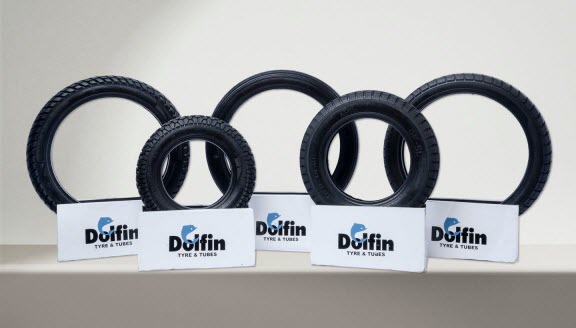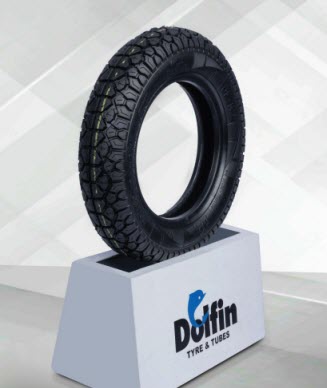The history of tyre manufacturing is a testament to human innovation and technological advancements. From its humble beginnings to the sophisticated manufacturing processes of today, the evolution of tyres has significantly shaped transportation and mobility across the globe.
Introduction to Tyre Manufacturing
Tyres, essential components of vehicles, play a crucial role in ensuring safe and efficient transportation. Understanding the historical journey of tyre manufacturing unveils a fascinating narrative of progress and innovation.
Early History of Tyre Production
The origins of tyre production trace back to ancient civilizations. Early societies utilized materials like leather, wood, and metal to create rudimentary forms of wheel coverings. However, the pivotal moment arrived with the discovery and development of rubber.
Invention of the Pneumatic Tyre
John Boyd Dunlop's invention of the pneumatic tyre in the late 19th century revolutionized the transportation industry. This inflatable rubber tyre significantly enhanced vehicle performance and comfort, marking a milestone in tyre manufacturing history.
Industrial Revolution and Tyre Advancements
The Industrial Revolution propelled tyre manufacturing forward. Mass production techniques and the integration of rubber into various industries, especially automobiles, fueled the growth of tyre production.
Technological Innovations in Tyre Manufacturing
The introduction of synthetic rubber and the evolution of tread patterns further refined tyre design and durability. These technological advancements made tyres more adaptable to diverse road conditions and vehicle types.
World Wars and Tyre Development
Both World Wars played a significant role in advancing tyre technology. The demand for military vehicles led to innovations in tyre production, strengthening their performance and durability.
Post-War Era and Global Expansion
Following the wars, the tyre industry expanded globally, catering to the increasing demand for automobiles. Multinational companies emerged, establishing a competitive market and driving further innovations.
Environmental Concerns and Tyre Production
Despite advancements, environmental concerns arose regarding tyre production's impact. Issues like sustainability and tire disposal led to initiatives focusing on recycling and eco-friendly tyre manufacturing.

Modern Era: Cutting-edge Tyre Technologies
The modern era witnesses the integration of cutting-edge technologies in tyre manufacturing. Nanotechnology applications and the development of smart and self-healing tyres exemplify the industry's innovative strides.
Challenges and Future Prospects
However, the industry faces challenges, including market trends, sustainability, and adapting to technological disruptions. Yet, the future holds promise with predictions of further advancements and market growth.
Role of Tyre Manufacturing in Automotive Innovation
Tyre manufacturing continues to intersect with automotive innovation, especially in electric vehicles and autonomous driving. Tyres play a pivotal role in enhancing the performance and safety of these vehicles.
Economic Implications of Tyre Industry
The tyre industry holds substantial economic influence globally, impacting employment, manufacturing sectors, and international trade dynamics.
Regulatory Changes and Tyre Standards
Stringent safety regulations and quality standards have been pivotal in ensuring the reliability and safety of tyres, shaping industry practices.
Cultural and Social Impact of Tyre Manufacturing
Beyond its technical aspects, tyre manufacturing has influenced societal mobility, lifestyle choices, and historical developments.
Educational Initiatives and Research in Tyre Technology
Academic pursuits and industry collaborations continue to drive research and innovation in tyre science, shaping future advancements.

Globalization and Tyre Manufacturing
Globalization has transformed the tyre industry, reshaping supply chains, trade dynamics, and market competition.
Innovative Manufacturing Processes
Innovations like 3D printing, robotics, and automation have revolutionized tyre manufacturing, optimizing production efficiency and design flexibility.
Market Competition and Industry Landscape
Key players in the tyre manufacturing industry drive competition, fostering market trends, and influencing consumer preferences.
Consumer Trends and Preferences
Changing consumer demands, especially towards eco-friendly options, have driven shifts in tyre manufacturing and marketing strategies.
Conclusion
The historical evolution of tyre manufacturing showcases a remarkable journey marked by innovation, challenges, and continuous advancements. The industry's future promises further technological breakthroughs and sustainable practices, shaping the way we travel and experience mobility.